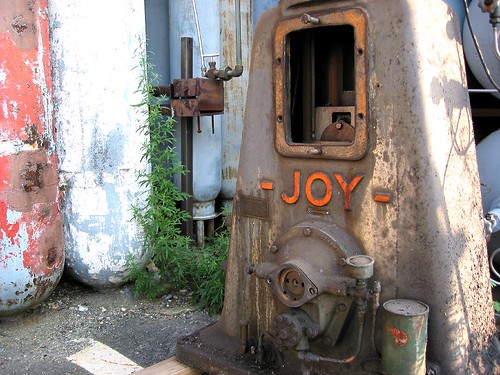- The heroine/narrator is revealed to be a cat, dog, car, possum, tree or ghost!
- A partner’s mysterious arrangements turn out to be for a surprise party
- The perpetrators murder plan backfires and s/he eats the poison
- A woman meets up with a handsome “stranger” for a steamy rendezvous and it turns out to be her husband
- Someone nervous about a first day at school turns out to be the teacher; or about a wedding, the vicar; or an interview, the interviewer.
- A woman spots her boyfriend/man of her dreams with a beautiful blonde lady – who turns out to be his sister
- Anything involving twinsA murder/death actually turns out to be part of a play rehearsal
via Fast Fiction Guidelines – thats life!.
This is a great list of plot twists to avoid, found in the Writers’ Guidelines for an Australian magazine.
(The rest of the guidelines are good, too. I like the bit where they point out that too many characters and a story gets confusing. They recommend topping out at four.)
Although, it has to be said, the thrawn and perverse side of me is very tempted to write a series of stories in which one or all of these things happen, just to see if I could have fun with them. (Hey, the poison one worked for The Princess Bride…)




